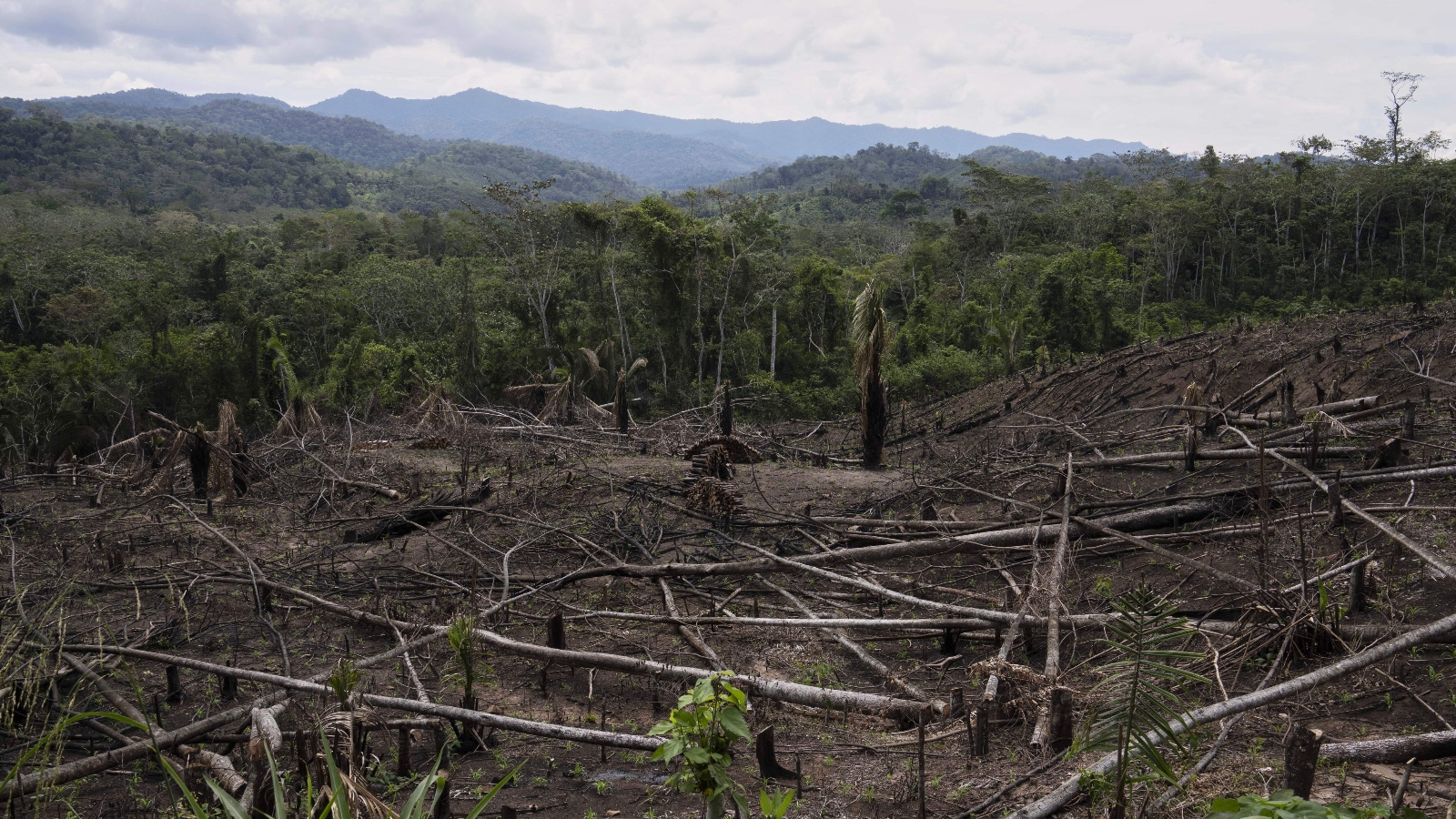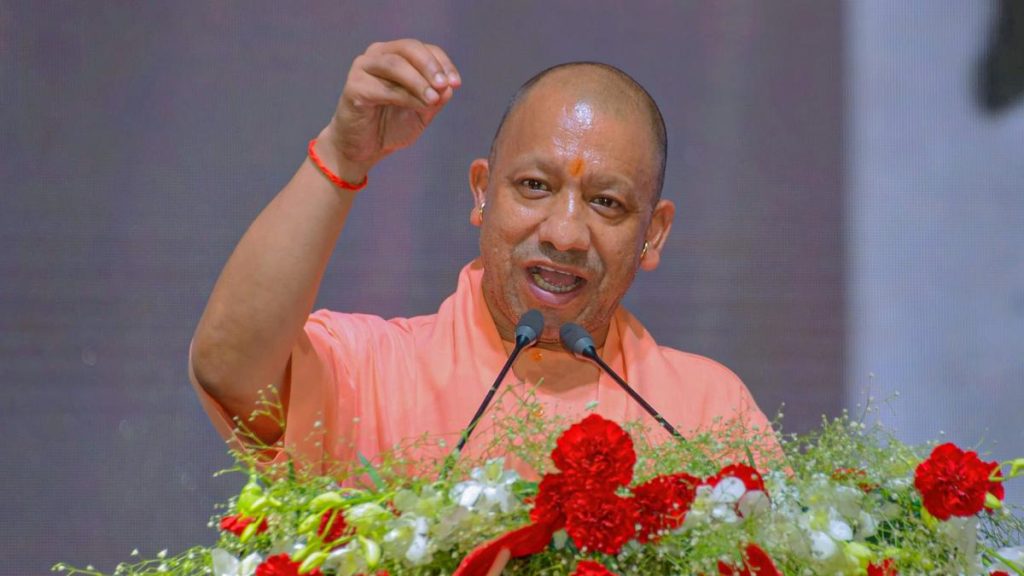Now Reading: USAID Cuts End Longstanding US Support for Global Indigenous Communities
-
01
USAID Cuts End Longstanding US Support for Global Indigenous Communities
USAID Cuts End Longstanding US Support for Global Indigenous Communities

Rapid Summary
- Miguel Guimaraes Vásquez, an Indigenous leader from the Peruvian Amazon, voiced concerns about deforestation and human rights abuses exacerbated by reduced U.S.foreign aid.
- USAID had historically provided financial and technical support to help Amazon farmers transition from coca cultivation to legal crops such as coffee and cacao.
- Recent cuts spearheaded by trump’s Department of Government Efficiency (DOGE) largely dismantled USAID operations, ending decades-long aid programs for Indigenous peoples globally.
- Programs such as Vásquez’s anti-illicit activity initiative lost a $2.5 million grant due to DOGE budget cuts.
- Since January,Peru has tightened laws against NGOs assisting individuals litigating government violations of land and human rights. Indigenous land protections have also been stripped substantially.
- USAID previously influenced foreign governments on Indigenous land rights thru concepts like “free, prior, and informed consent,” which are no longer being enforced following the cuts.
- The termination of grants like those supporting Indigenous leaders’ participation at U.N. meetings demonstrates diminished avenues for documenting human rights abuses internationally.
Indian Opinion Analysis
The cessation of USAID’s funding raises concerns about how international development priorities may shift away from addressing systemic issues that impact vulnerable groups like South American Indigenous peoples. Past efforts connecting environmental conservation with economic stability ensured mutual benefits: decreased illegal drug trade risks in countries like Peru while supporting global climate mitigation strategies vital for everyone.
India can find value in observing these developments given its challenges with tribal welfare, environmental conservation pressures in sensitive biodiversity zones (such as forests in Northeast India), and questions regarding industrial impacts on indigenous populations domestically.Learning from both successes and failures abroad contributes toward shaping equitable policies at home without dependency on external frameworks.

























